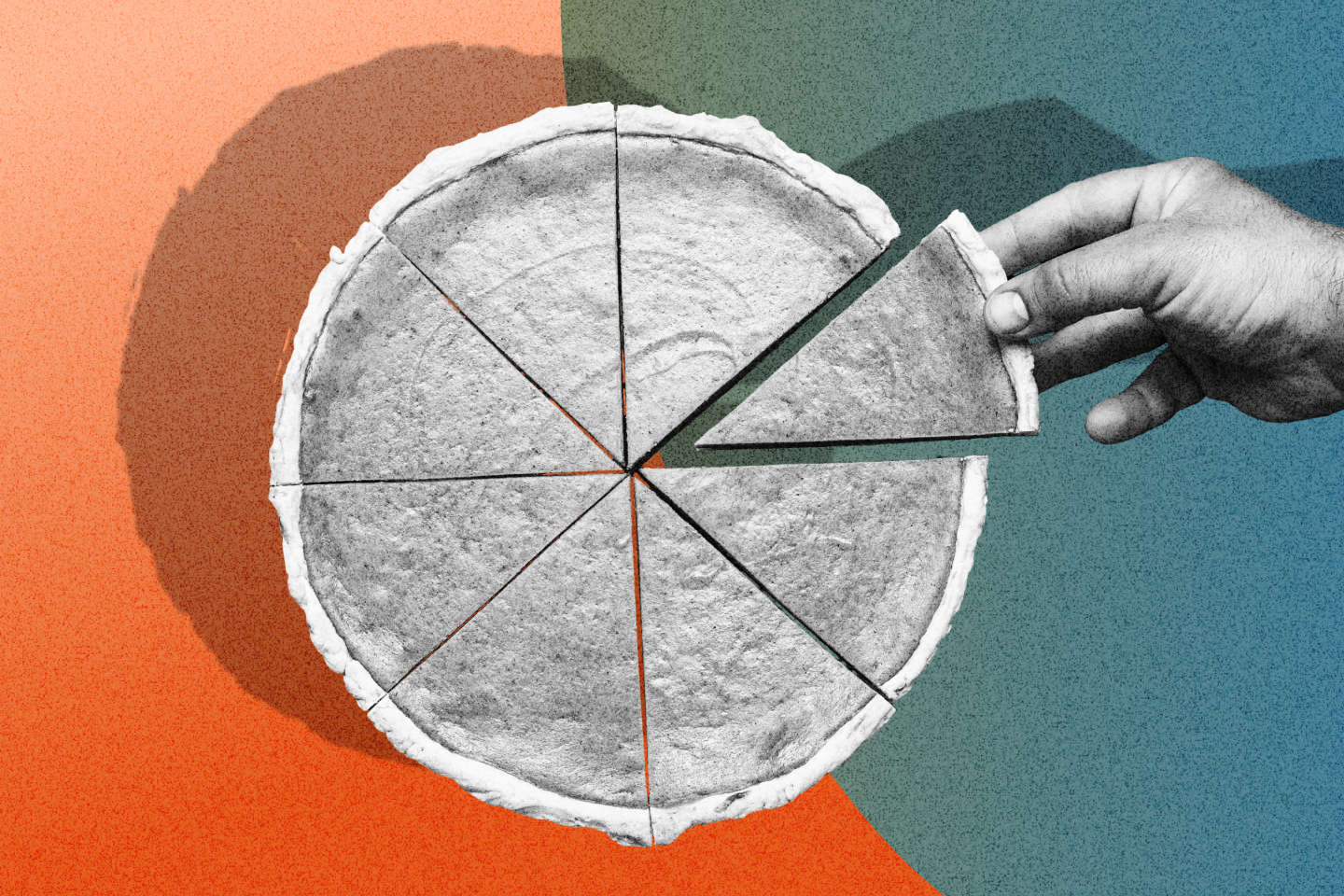AT At the time of divorce, what claims can the spouses united under the separation of property regime claim? Since May 15, 2013 (11-26.933), the Court of Cassation rules that the person who paid the installments of the loan having financed the purchase, in joint ownership, of the family home, cannot ask for reimbursement: these regulations, like those of rent, are qualified as “contributions to marriage expenses”.
However, these charges are presumed, by the Civil Code (article 214), to have been assumed according to the respective incomes of the spouses, and not to give rise to restitution. The development of this case law (of which the wife is most often the beneficiary) has been criticized by commentators on the grounds that it “distorted” the separatist regime. On October 3, 2019 (18-20.828), the Court therefore stopped it.
It ruled that when the financing of the undivided property is done by a capital contribution, it gives right to a claim. This interpretation of article 214 of the civil code, confirmed in 2021 (19-21.463), has just been extended, in the following circumstances.
In 2010, Mr. X and Mme Y marry under the regime of separation of property. In 2011, Mr.me Y receives land from his father, on which the spouses build a house, allocated to housing their family. As “ownership of the ground prevails over ownership”this house constitutes personal property of Mme Y, and not an undivided property. Even if it was Mr. X who, from 2011 to 2013, settles the mortgage (1,116 euros per month), while his wife pays the household expenses (1,800 euros per month).
Employee savings
In 2016, Mr. X, to whose fault the divorce was pronounced, due, in particular, to domestic violence, claimed the restitution of some 118,000 euros. He doesn’t get it, the judges finding that he didn’t “provided an additional contribution to the expenses of the marriage”since, with a salary more than double that of his wife, he spent less than her.
In 2020, he is only claiming 36,000 euros, corresponding to a masonry bill, which he paid with capital from his employee savings. He maintains that the new jurisprudence must also apply to the financing of the property of the spouse.
The Court of Appeal of Chambéry (Savoie) refuses it, and judges, on June 29, 2021, that the disputed payment fell under the “contribution to marriage expenses”. The Court of Cassation, which Mr. X seized, censures his judgment, on April 5 (2023, 21-22.296): “The capital contribution of personal funds”intended to finance the good of the wife, “does not participate in the execution of the obligation to contribute to the expenses of the marriage”… except “contrary agreement”which in this case does not exist.
You have 4.21% of this article left to read. The following is for subscribers only.
